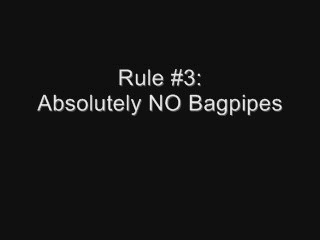Recently I did some research for my headmaster on the feasability of using the Kindle instead of textbooks for our students. I came across a nice white paper that Thomas Freedman on the idea calling it A Kindle in Every Backpack. Freedman, a former Clinton policy wonk and a wonk for a short time in 2008 for Obama/Biden on technology issues, isn't particularly advocating the Kindle, but is saying the eTextbook idea is one that has merit.
Back when the Kindle first came out, I was very excited about it and bought one for my school library. Then I realized that I would be breaking all kinds of laws and contracts if I were to use it in a library setting as a library ebook delivery system. I wrote a column for YALS castigating Jeff Bezos for his shortsightedness in ignoring the school and library market.
Amazon seems to finally be making some strides in that direction with their new Kindle DX. This larger, more expensive version was created specifically for the eTextbook market. Amazon is working on a pilot program with the Kindle in conjunction with the following six colleges and universities: Arizona State University, Case Western Reserve University, Princeton University, Reed College, University of Texas at Austin and Darden School of Business at the University of Virginia.
I have several teachers who swear by the Kindle for all their reading. I do have to confess, that for traveling, it seem like a guilty pleasure, a toy a librarian should have on her Santa list. But, as for eTextbooks, I'm not sure the Kindle is the device.
From what I read, Stanza for Iphone is making great leaps, but it still is leaps and bounds behind the Kindle feature-wise. The major drawback seems to be that laptops are still the better delivery system for eTexbooks. However, for Freedman's argument, they don't make economic sense, therefore, something like a Kindle is more fitting in his economic model. Also, given the whispernet technology of the Kindle, the device doesn't depend on Internet access, which a laptop does. In a poor neighborhood, some parents couldn't afford to have Internet access, so what does it matter if you have a laptop? You won't get connected!
It's a puzzler. There does need to be something done. We can't continue to load down our 60 pound students with 70 pounds of books. We do need to consider the environmental impact.
And if you want to read a charming account of one man's descent into a reading hell (the Kindle) and how he came to understand its appeal, read Nicholoson Baker's Can the Kindle Really Improve on the Book?
EarlyWord GalleyChat, February 2026
1 week ago






No comments:
Post a Comment